Iran has reiterated that diplomacy remains the only path to resolving its decades-long nuclear dispute with the West, warning it will not bow to pressure or threats as European powers move to reimpose UN sanctions. Foreign Minister Abbas Araqchi told Iranian state television on Monday that Tehran faced a choice from the West: “cooperation or confrontation.” He said he would use the UN General Assembly in New York for urgent consultations with his European counterparts and International Atomic Energy Agency (IAEA) chief Rafael Grossi.
The remarks came as Britain, France, and Germany — known as the E3 — triggered the “snapback” mechanism on August 28, setting in motion a 30-day countdown to restore UN sanctions. They accuse Iran of breaching the 2015 Joint Comprehensive Plan of Action (JCPOA) by enriching uranium beyond agreed levels and curtailing inspector access. The sanctions will automatically take effect on September 28 unless a new compromise is reached.
Araqchi insisted Iran would not respond to coercion. “They have tested Iran repeatedly and know we do not respond to the language of pressure and threat,” he said. He hinted at unspecified “appropriate measures” if diplomacy fails, underscoring Tehran’s defiance. The E3, however, have offered to delay sanctions for up to six months if Iran restores IAEA access, addresses concerns over enriched uranium stockpiles, and resumes talks with Washington.
Diplomats say Iran has yet to meet those conditions. “The ball is in Iran’s camp,” one European official told AFP. “It is up to it to quickly take the concrete steps in the coming days to avert snapback.” Failure to comply, he warned, would see sanctions reinstated on September 28 — a severe blow to an economy already crippled by US restrictions since Donald Trump withdrew from the deal in 2018.
Iranian President Masoud Pezeshkian struck a defiant tone over the weekend, insisting the country would “overcome any reimposition of sanctions.” Yet insiders say mounting public frustration over inflation and joblessness is rattling the regime. Discontent has intensified since June, when Israeli and US strikes on Iranian nuclear facilities triggered a parliamentary law suspending full cooperation with the IAEA.
On September 9, Tehran and the IAEA reached a limited deal to resume inspections at some nuclear sites, but tensions remain high. Grossi acknowledged to AFP that diplomacy was at a “difficult juncture,” even as he prepared for further meetings with Araqchi and Western envoys in New York. “What’s important is the communications are continuing,” he said, stressing that dialogue channels with both Tehran and Washington remain open.
The UN Security Council voted on Friday to reimpose sanctions that had been frozen under the JCPOA, following the E3’s move. Tehran denounced the decision as undermining months of engagement with the IAEA and criticised the agency for not condemning Israeli and US strikes on its nuclear facilities.
Grossi praised French President Emmanuel Macron’s efforts to salvage negotiations, noting that US envoy Steve Witkoff had also been active in exploring channels for compromise. While emphasising that the IAEA is not a party to the nuclear deal, Grossi said its monitoring role remains “indispensable in every scenario.”
Western governments continue to suspect Tehran of seeking a nuclear weapons capability — a charge Iran firmly denies. For now, the future of diplomacy hangs on whether Tehran accepts the E3’s conditions before the September 28 deadline. Grossi summed up the delicate state of talks: “Neither optimistic nor pessimistic… but we must try to right the boat quickly to avoid prolonged confrontation and more attacks.”
Adding a personal note, Grossi confirmed he will seek to succeed António Guterres as UN Secretary General when the current chief’s term ends in December 2026, signaling his own ambitions amid the fraught nuclear standoff.

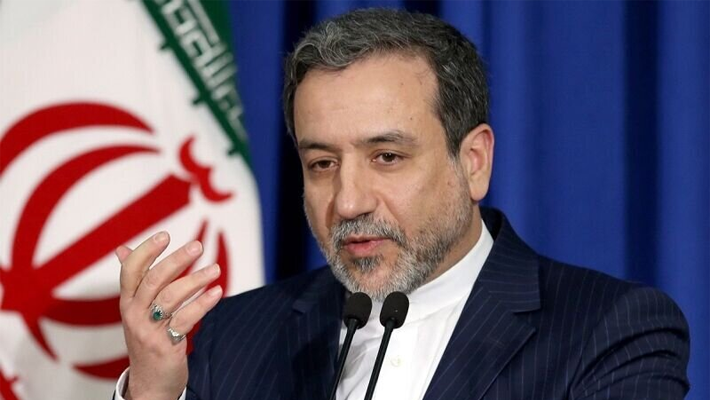
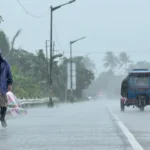
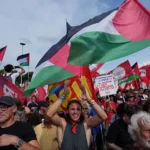



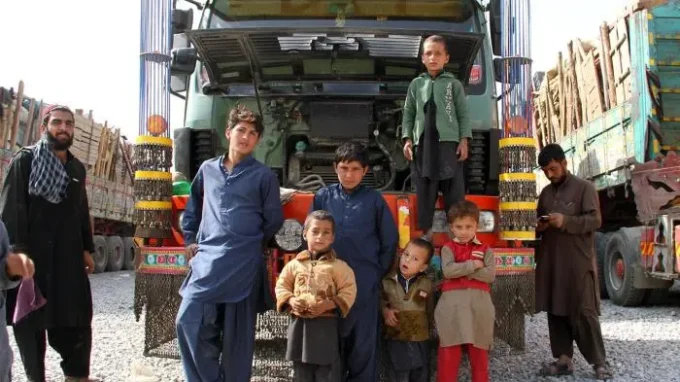
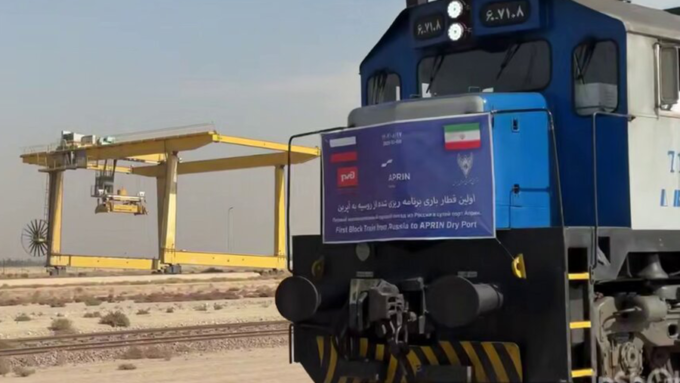
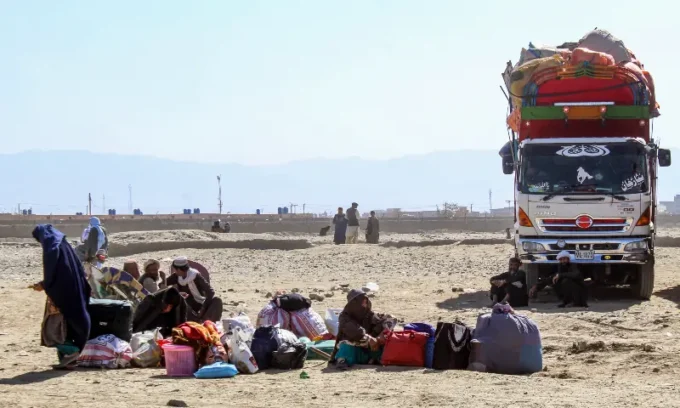
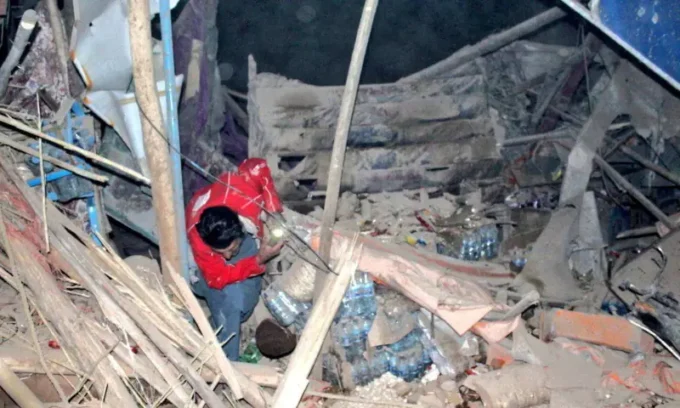




Leave a comment